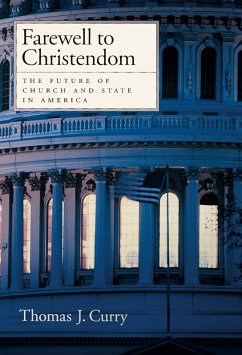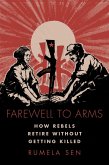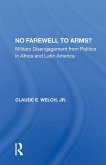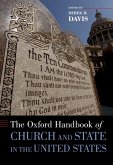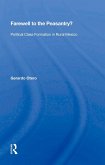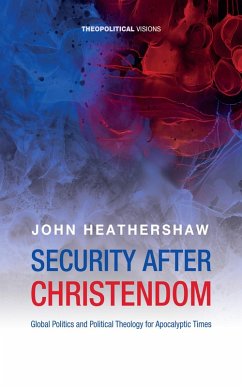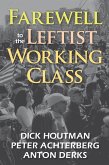Thomas Curry argues that discussion and interpretation of the First Amendment have reached a point of deep crisis. Historical scholarship dealing with the background and interpretation of the Amendment are at an impasse, and judicial interpretation is in a state of disarray. Here, Curry provides a new paradigm for the understanding and exploration of religious liberty, contending that much of the present confusion can be traced to habits of mind that persist from Christendom and inevitably draw government into religious matters. The First Amendment, however, was meant to be a departure from the thinking that had preceded it for nearly fifteen hundred years. Curry traces much of the current difficulty to the largely unexamined assumption on the part of judges and scholars that the amendment created a right--the right to free exercise of religion--and that the courts are the guardians of that right. The First Amendment is, in fact, a limitation on government and a guarantee that the government will not impinge on the religious liberty that citizens already possess by natural right. Here, Curry shows that the key to finding more coherence between Church-State decisions and the historical meaning and purpose of the First Amendment lies in embracing this understanding of the Amendment as a limitation on government.
Dieser Download kann aus rechtlichen Gründen nur mit Rechnungsadresse in A, B, BG, CY, CZ, D, DK, EW, E, FIN, F, GR, HR, H, IRL, I, LT, L, LR, M, NL, PL, P, R, S, SLO, SK ausgeliefert werden.

